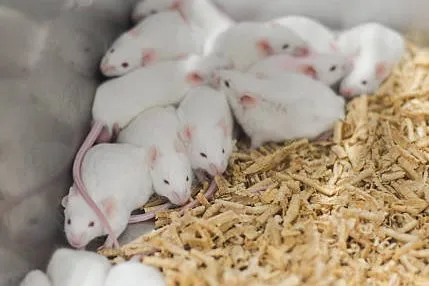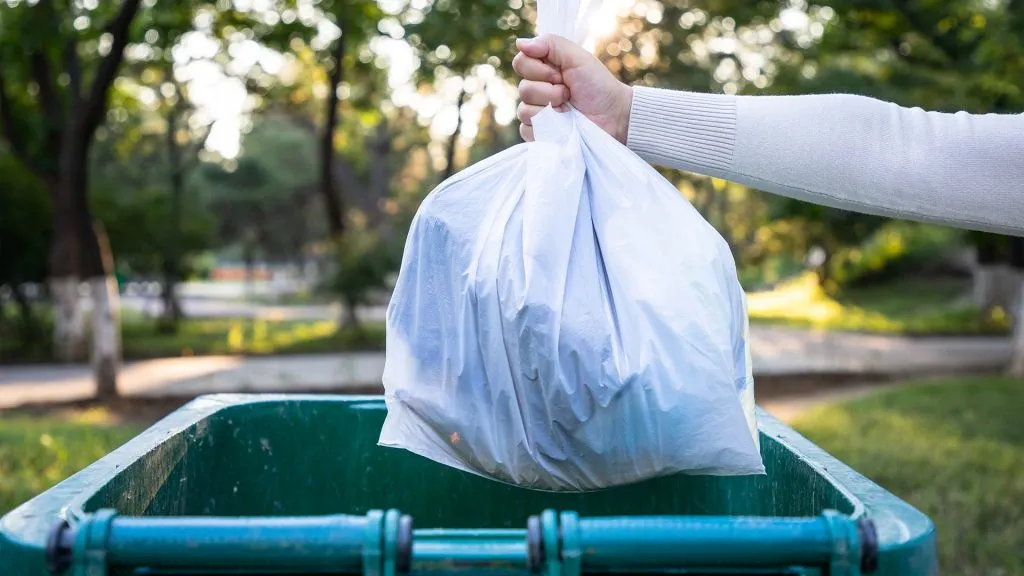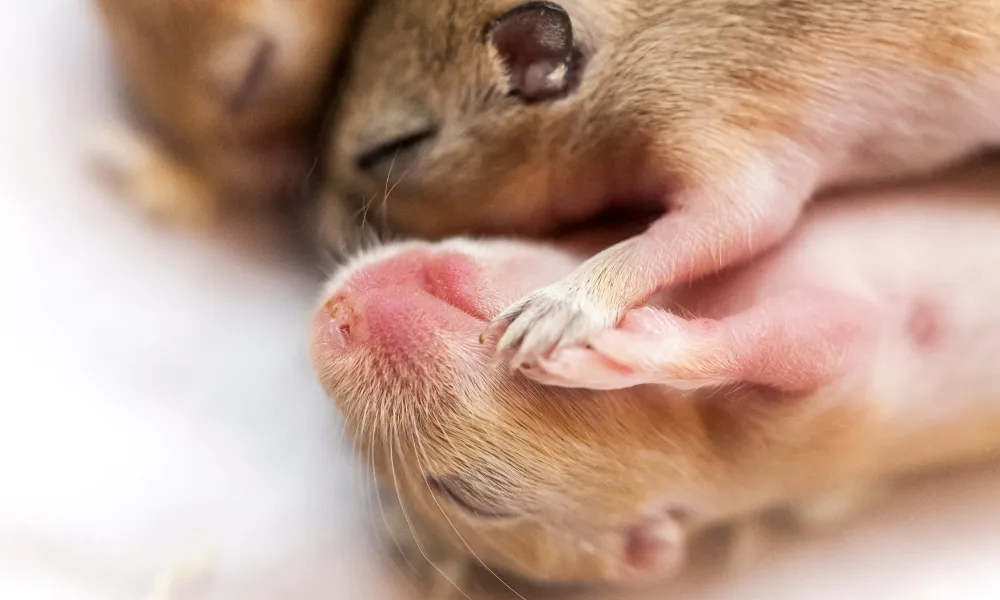Surprisingly, It’s very common to see a female mouse eating their young ones. In this article, I will tell you 8 common reasons why mice eat their babies.
To give you an idea, mice eat their babies because of these three factors:
- Feeding
- Environment
- Other Factors (e.g. aggression)
Table of Contents
Feeding
- Mal-nutrition
Female mice who are lacking some nutrients may kill and eat their offspring.
Research findings have discovered that the behavior of eating pups and low reproductive ability happen when the protein content of the diet mice eat is less than or equal to 16%.
- Lack of Milk production
A large number of births reduces milk production and will make mice babies struggle for the available milk. This results in them biting their mother’s nipples.
Now, the female mice bite their babies and refuse to breastfeed them because their nipples hurt.
As a result, they may eat some of the babies to balance the milk supply.
This is to ensure that the other pups have enough milk to survive.
Habitat
- Overcrowding

3 factors may cause overcrowding:
- A large number of babies
- Small space, and
- High temperatures
When female mice are breastfeeding, bright light or noise stimulates them and leads to nerve damage.
Female mice suffering from stress may show symptoms of fear and agitation. As a result, they may kill and eat their babies.
- Smell
Mice depend on scent and a chemical made by their nerve cells called ‘’norepinephrine’’ to form good memories of their babies.
They do this for other animals too to differentiate their pups from other animals.
Sadly, mice can eat their babies when they sense different smells on them.
Smells like a change of environment, bedding, or alteration of their normal odor.
Other factors
- Weak Pups and Stillbirth
Some female mice may eat their stillborn as soon as they find out they are weak.
Pups become weak if they can’t get the right nutrition from their mom.
And their mothers will commonly eat them to save them stronger ones.
Furthermore, mice mothers protect stronger babies to guarantee the existence of the next generation.
- Aggression
When it’s mice breeding season, both genders have higher aggression, and this aggression level can cause them to eat their young ones.
Habits like that reduce when mice get familiar with their offspring.
- Mice eat their pups if they’ve tasted blood
Mice are generally gentle.
But if they have tasted blood, they may develop violent behavior and the bad habit of eating their pups.
And mice that have bitten their pups are more likely to become repeat offenders.
Undeveloped Motherhood
Female mice are usually inexperienced while giving birth to their first set of children.
And their maternity senses have not yet matured. This may result in negative reactions like anger, and lack of endurance.
Thus, it can make them eat their babies.
Preventing Your Mice From Eating Their Babies
Since mice eat their babies because of different reasons, are there things you can do to stop them?
Yes! you can prevent them from eating their pups by doing the following:
Giving them healthy and enough food
Giving your female mice healthy food is important to their bodies.
Doing this helps them produce enough milk to feed their babies as well as stay filled. There would be no reason to eat their babies as a result of hunger when they are well-fed.
Provide a suitable environment
Mice always want a comfortable and quiet environment to help their activities.
Noise scares them away, so it is important to consider the following:
- Provide suitable bedding, temperature, light, and quietness.
- Keep their population under control (e.g. 1 liter per cage)
- Avoid moving the female mice at your own will for the first three days after giving birth.
- 7 days after giving birth, you can change the cage depending on the mice species.
- Reduce the number of times you change the mice’s nursing mothers’ cages and beddings.
- Some species should be kept in the lower layer of the cage racks.
- Do not use too bright lights, especially for white and albino mice.
Choose female mice with good maternity sense to co-cage
The ideal female mice to co-cage are those that have given birth 3 – 4 times.
This is because they are more likely to produce babies and have great reproductive & maternity abilities.
Here are a few tips:
- Put pregnant mice in a different cage when their abdomen is visibly swollen and it is confirmed that they are pregnant.
- Pay close attention to how you move them when they are pregnant.
(This helps in reducing their stress and the possibility of eating their babies.)
- Don’t switch cages three days before and three days after female mice give birth. (This is to help their maternity senses and make them realize it is still them with their babies.)
Dispose of dead or weak babies

Immediately female mice find out that their babies are dead, they might settle to eating them.
Here’s what you need to do:
- Get rid of dead mice quickly when you notice they are dead.
- The weak and underweight ones should be removed and put in a separate cage if there are plenty.
If this is not done, the healthy babies may also be in danger of being eaten after the mothers have eaten the weak ones.
Recap
To summarize, mice eat their babies due to malnutrition, insufficient milk, different smell, for survival, etc.
To prevent them from doing this, follow the necessary recommendations listed in this article. I hope you learned something important today!
Imagine female mice and their babies don’t have enough space to stay, do you think they would move somewhere else?
Check out our article Do Mice Move Their Babies? to find out more.
